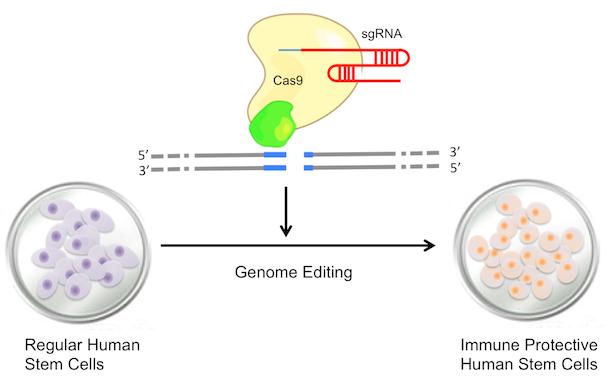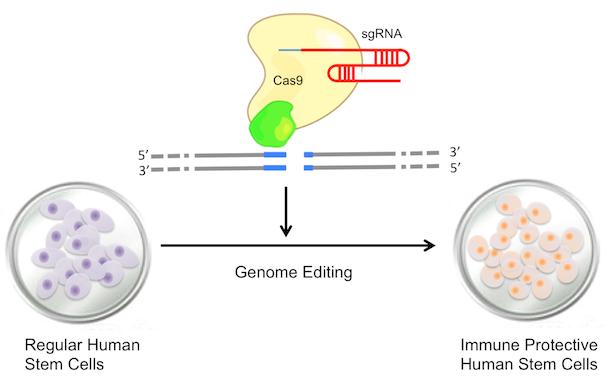
Credit: Xiaojun Lance Lian/Penn State
Examining the treatment potential of cardiac cells derived from human pluripotent stem cells (hPSCs) may lead to dramatically altering the care of cardiac disease and heart injuries, thanks to a grant from the National Institutes of Health.
The focus of a three-year, $567,000 Trailblazer Award grant from NIH's National Institute of Biomedical Imaging and Bioengineering, this research has the potential to open up new avenues for heart disease treatment.
"Because human pluripotent stem cells have unlimited proliferation capacity, we can make unlimited amounts of cardiac cells in the lab for therapy," said Xiaojun Lance Lian, assistant professor of biomedical engineering and biology, the recipient of the grant and principal investigator. "Current treatments rely on the donation of human hearts which is, as many know, very limited. Many heart attack patients are on the waiting list for a heart for transplantation."
Transplanting stem cell-derived cardiac cells to treat heart disease patients would cut down on the need for heart donors. However, this is not without complications, and Lian's research team is working to solve a life-threatening issue that arises during this type of treatment.
When transplanting stem cell-derived cardiac cells to treat heart disease patients, often the patient's own immune cells will attack these transplanted cells.
This project will use a genome editing approach to modify the stem cells. By harnessing recent advances in genome editing to program universal immune protective hPSC clones, the stem cells will be more readily accepted by the patient.
Using this new technique, the universal donor stem cells can then differentiate into human ventricular progenitors, which are cells that can differentiate to ventricular muscle cells after transplantation. Once modified, the stem cell-derived cardiac cells will not be recognized by T cells and NK immune cells.
"Our modified stem cells can then be used in the clinic for treating a variety of patients without immune rejection problems," Lian said.
The Trailblazer Award grant that Lian received is an opportunity for new and early-stage investigators to pursue research programs of high interest to the NIBIB. A Trailblazer project may be exploratory, developmental, proof of concept, or high-risk, high-yield impact and may be technology design-directed, discovery-driven, or hypothesis-driven. Applicants are expected to propose research approaches that have minimal or no preliminary data.
Jianxun Song, formerly associate professor of microbiology and immunology with the College of Medicine and now professor of microbial pathogenesis and immunology with Texas A&M, is working with Lian on this project.
###
Media Contact
A'ndrea Elyse Messer
[email protected]
814-865-9481
@penn_state
http://live.psu.edu





